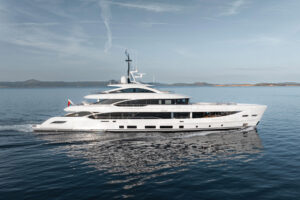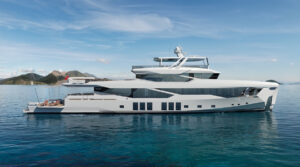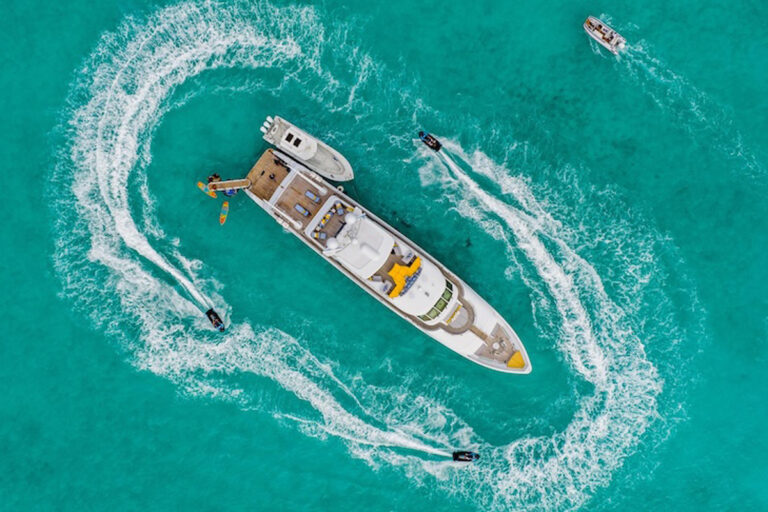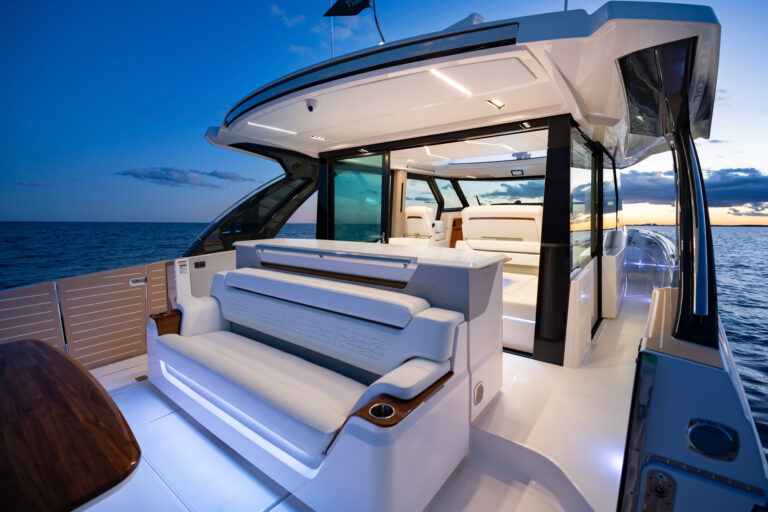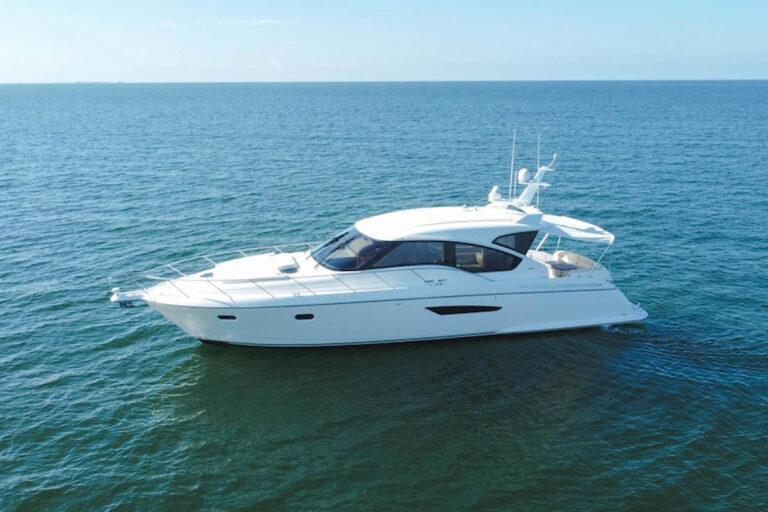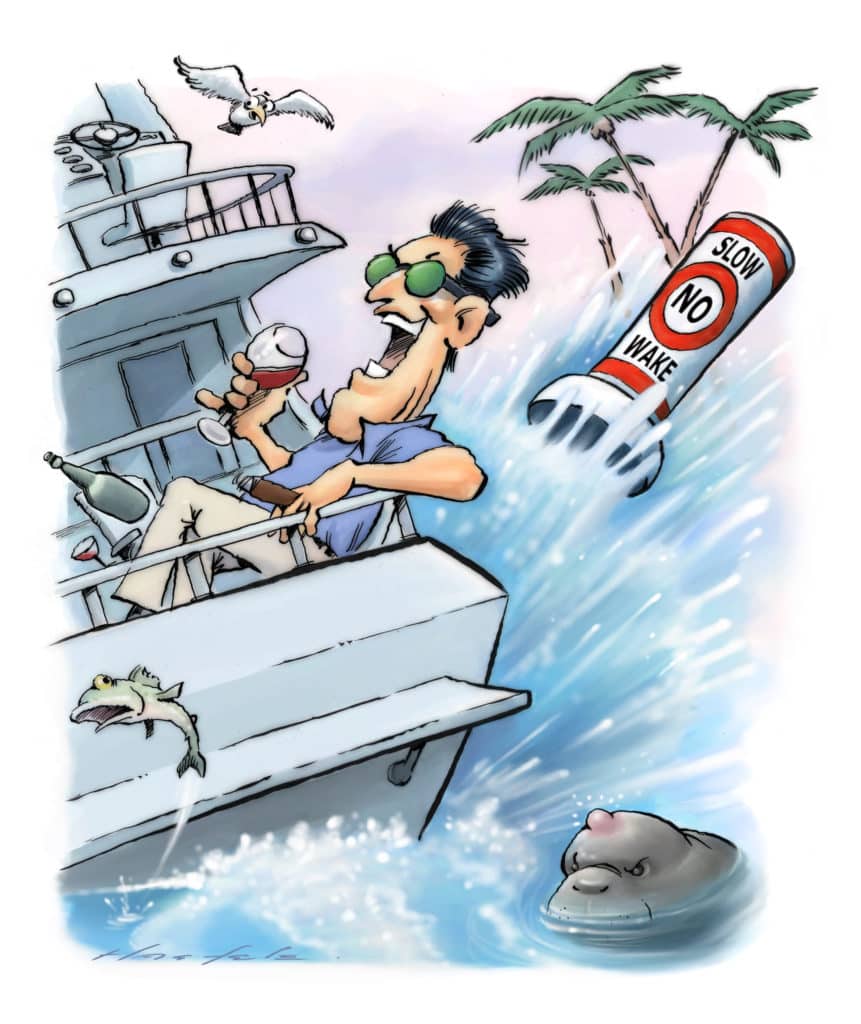
My pal Hal is a forward thinker. A futurist. He’s always sending me stories in tech rags, offering hope that computers will save us from ourselves. His latest contribution, a piece on driverless ships, caught my eye. Hal believes the biggest headache with boating is boaters, and he claims the problem will soon be solved.
If you skipper any transportation device, you may have noticed that technology is creeping into your command. Surf or turf, vehicles and vessels are getting smarter. Hal says it’s just a matter of time before they all think for themselves.
“Coyle, just imagine your boat shuttling you from Point A to Point B at a fixed speed,” he said. “There’d be time to take a nap or sip a cold one!”
“I’ve witnessed skippers who do that on autopilot,” I groused.
“That’s the problem solved,” he replied.
“Nothing good can come of this,” I insisted, pointing out that high tech has made the seawise skipper lazy and provided landsmen with enough tools to be dangerous. The chart plotter, for example, has made it possible for just about anybody to find the Bahamas, yet it does not read skinny water or appreciate the challenges of the Gulf Stream. “It would be far easier to get away from it all, and from the worst boaters, if noodling a paper chart and a compass were necessary,” I pined.
“That’s old-school thinking, Coyle,” Hal said. “I suppose you’d roll things back to flasher sounders and hooded, monotone radar too.”
“I thought of my future as a four-eyed octogenarian helplessly chauffeured by a rubber-necking silicon chip in a pint-size subcompact.”
I suggested that both would serve as better tools than the chart plotters I’ve seen knuckleheads staring at while running at speed in the fog or darkness. Hal admitted that the transition to complete command capitulation has been challenging, but he insists automation will soon provide a safer, less-stressful pastime.
“No-wake zones would be just that, and there’d be no more abuse of the two-whistle pass,” Hal said. He had a point. I recalled a no-whistle pass by a 100-foot motoryacht some years back. While her owner was having the time of his life, his yacht was leaving a trail of destruction in its wake. As he headed south down the Intracoastal Waterway, the VHF radio barked the sorts of salutes that once solicited a warning from the U.S. Coast Guard. “Road rage? Not a problem. They’ve already invented technology that can identify it,” Hal said.
“Brilliant. Does it swear and flip a digit?” I wondered aloud.
I thought of my future as a four-eyed octogenarian helplessly chauffeured by a rubber-necking silicon chip in a pint-size subcompact. Facing off with mod moms in minivans late for soccer practice and NASCAR wannabes in Ford F-250s would not be pretty.
Hal is an early adopter. I’m sure that when they introduce a boat with a brain, he will be first in line to stroke a check and turn over command. “If I get a hankering for automation, I’ll visit Disney World,” I grumbled.
“Face it, Coyle,” he said. “An autonomous boat is just around the corner, and it’s going to allow you more time to enjoy the pastime.”
Maybe so — if it knows how to work a mop and chamois. But I’ll still do the driving!


